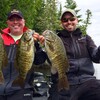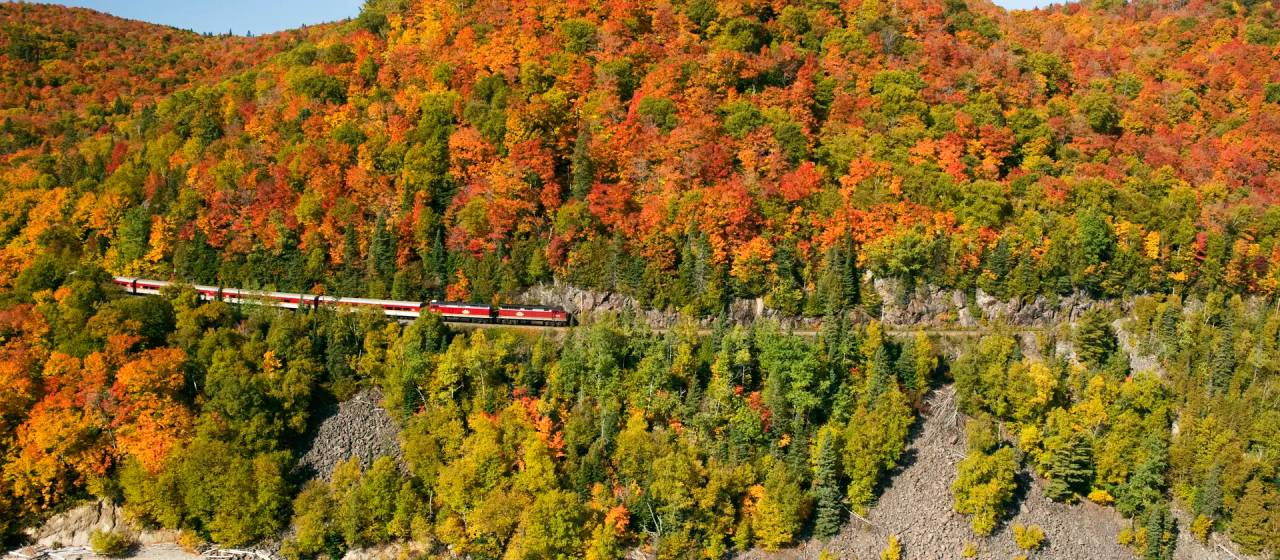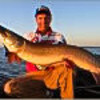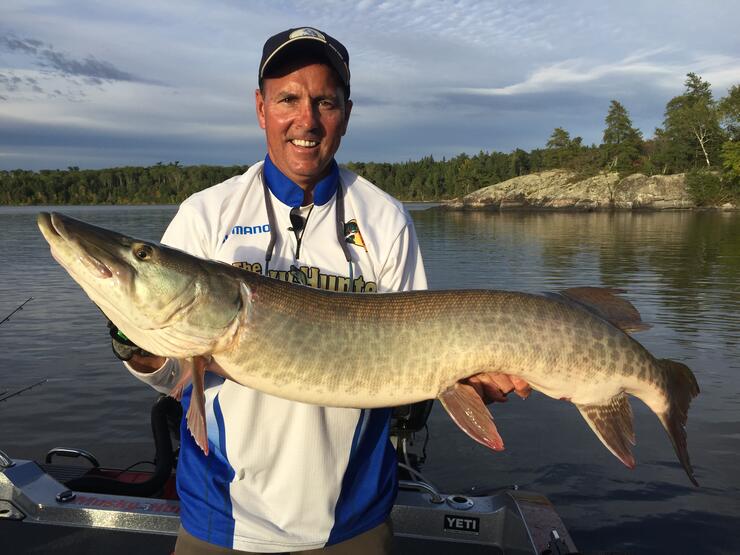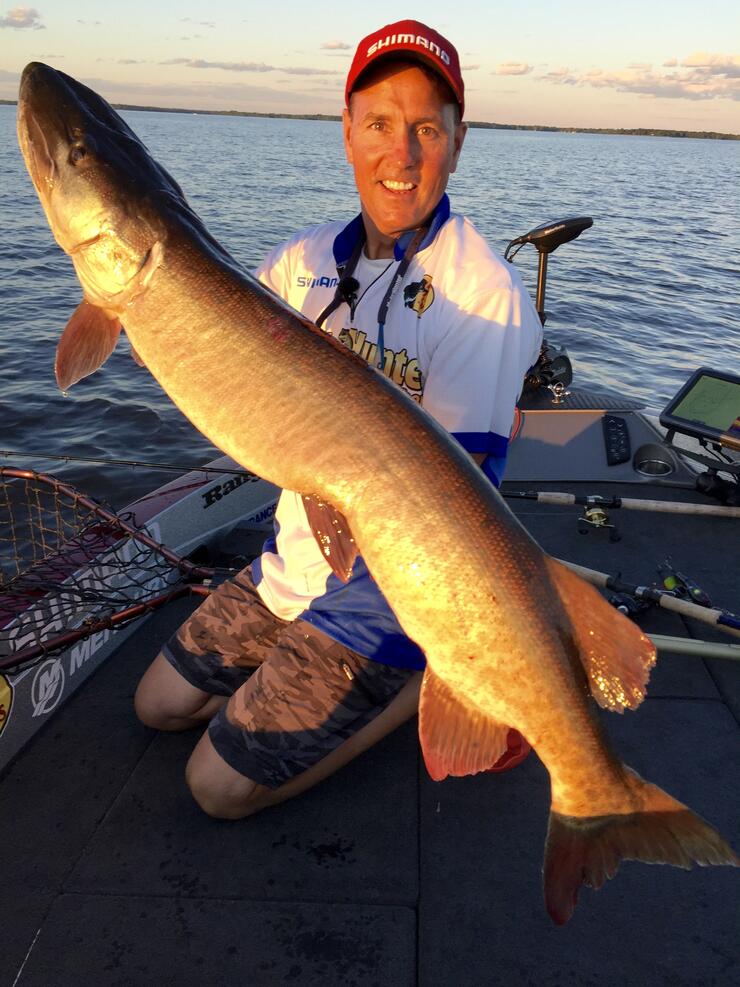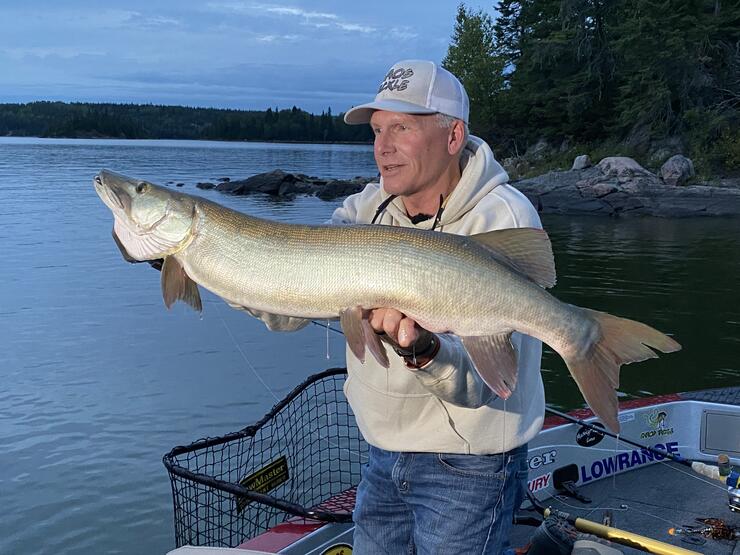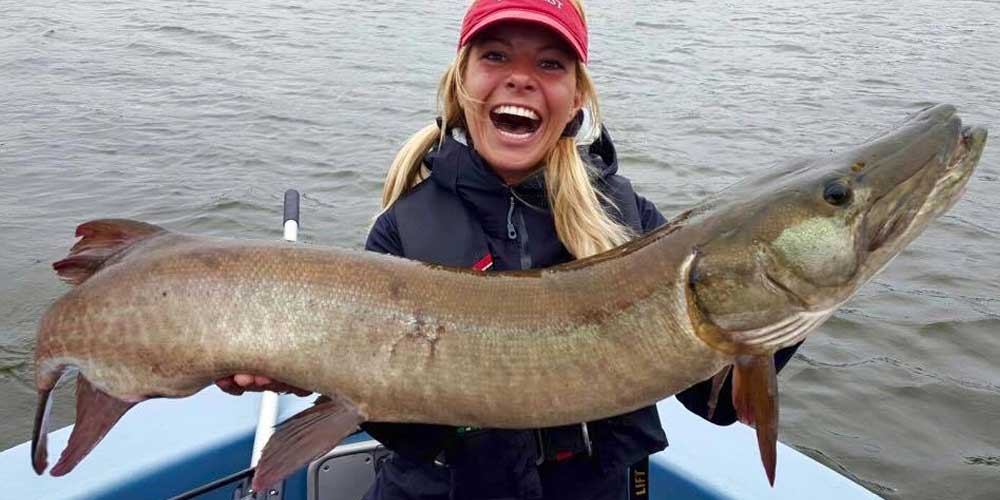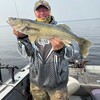
Casual Canadian Muskies
As you prepare for your Canadian adventure this year are you going to try and catch a musky? On your list may be walleye, smallmouth or even lake trout, but if the lake has muskies put them on your list as well. Some may think muskies are the fish of 10,000 casts and are difficult to catch. Certainly, they are harder to catch than other Canadian fish, but it’s easier than you think. If you only want to devote a few hours of your trip or even just one day to catch a musky, here’s a simple approach that can have you holding a Canadian musky in no time! Whether you are a die-hard or casual musky angler, here's how to increase your odds to make it happen.
First, let's consider timing. Catching a musky is all about investing some time and timing. We have all heard that fall is trophy musky time, and it is, but for musky action, you just can’t beat summer. The musky’s metabolism is high in warm water, so the fish has to eat. Plus, warm and stable weather just makes musky fishing better. Many musky radio-tracking studies have shown that muskies are most active in the evening. So, if you only have a few hours to invest, only fish in the evening. In fact, if given the choice of only fishing one day or a few evenings for muskies, invest a few evenings to catch muskies. Go ahead and catch all the Canadian walleye and smallmouth you desire, but after dinner, crack out the big equipment and go musky fishing. In summer, the last couple hours of the day are a magic time for muskies. I am so confident about the timing, that I would be willing to give up all the rest of the hours in a day musky fishing, only to have the last two hours of the evening!
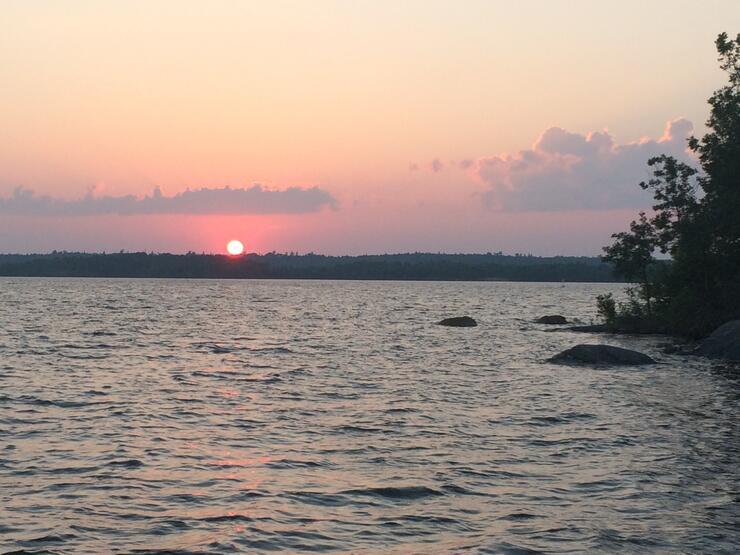
So, you have decided to take my advice and focus on a few evenings of your trip to catch a musky, where do you start to find them? Start by fishing some spots relatively close to camp, as you can maximize your time and easily navigate back to the resort in the dark. Pick a few smaller islands that you can fish around the entire perimeter in about 30-40 minutes. Simply circle the entire island and cast towards the shore. Pay attention to any weed patches or rocky points and pay attention to where the muskies appear. Also, try a few shallow rock reefs and a few weedy bays. Try and learn a handful of spots close to camp and close to one another. Since you only have a few hours, don’t spend too much time running. Focus on fishing. Also, when you learn spots close to one another when the muskies do get active, you have several areas to fish that can increase your odds at multiple, musky encounters. It’s just a way to play the percentages. When fishing any of these spots if you have a musky follow along a reef, island or weed bed, simply try and fish more of those spots in the evening. Use your eyes and map to find nearby, similar spots. If it looks good, fish it. Chances are it will hold a musky.
Since you are not fully committed to emptying your savings in musky lures, here are the basic lures you will need to succeed. Bucktails or in-line spinners are key. You’ll need a few, and I would suggest the Musky Frenzy IC9 bucktail as it’s incredibly versatile, easy to fish, and catches big muskies. You will need one in black with a nickel blade, brown with a gold blade and black with an orange blade. I always have lots of bucktail colours in my boat, but if you have those three, you’ll probably be good. You’ll also need a topwater lure. A prop-style topwater that you can simply straight-crank and retrieve slowly is best. Something like a Topraider or similar works great. Just get one in black and you’ll be good to go. Minnowbaits such as Shallow Invaders or Shallow Raiders that you can jerk and pause, or straight retrieve are also excellent choices. You can fish these areas around weeds and rocks and their erratic action is a great alternative choice to try. A perch or walleye colour is all you will need. Finally, I would include a black Medussa. This soft plastic lure is great to toss back at a musky if they follow. Simply cast out and slowly swim and jerk the lure back to the boat. The action of the multiple tails will often trigger a following musky to bite the next couple of casts.
My final advice is to make sure you move your lure in a figure 8 pattern at the boat side after every cast, before pulling the lure from the water. It’s amazing how many muskies will follow late and strike at the boat side. Also, make sure you have a big net and long nose pliers to unhook a musky, as well as a glove to help handle the fish. As fun as muskies are to catch, you need to be able to safely unhook them and release them so someone else can catch that fish as it gets larger.
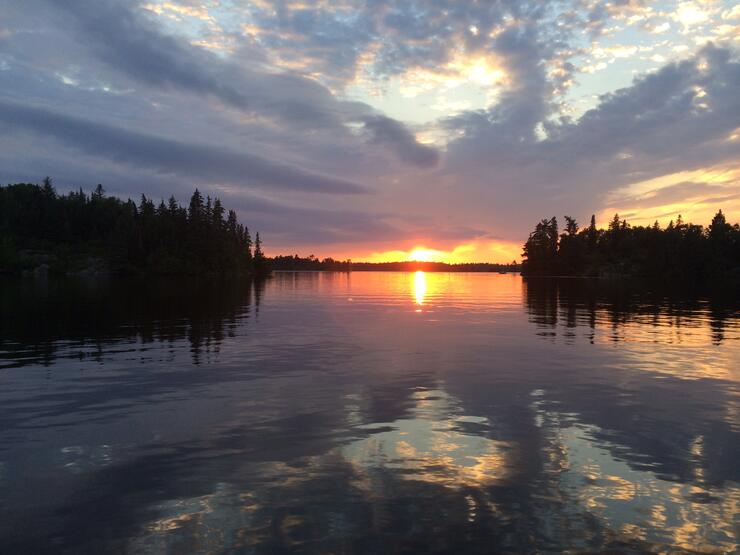
Musky fishing doesn’t have to be that difficult and if you follow this simple approach and devote a few evenings this summer, you might just find yourself holding and releasing the largest fish of your life. For more information on top musky fishing resorts throughout Ontario check out https://visitsunsetcountry.com/fishing/muskie
Recommended Articles

Non-Stop Action and Trophy Catches at Timberlane Lodge

Welcome to Wally World

Cast Into the Heart of a Walleye Paradise
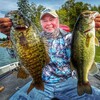
Why Anglers Are Falling for Golden Lake in Ontario’s Ottawa Valley
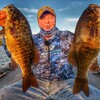
Labour Day Lunkers: Why Fall is the Ultimate Time for Lang Lake Bass
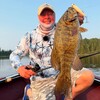
Smashing Topwater Smallmouth in the Heart of Walleye Country
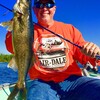
Trade the Signal for the Strike
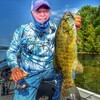
Big Smallmouth on the Ned Rig
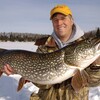
Eating Northern Pike
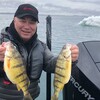
Spring Perch Fishing
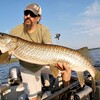
The Tigers of Sunset Country
Ontario Brook Trout
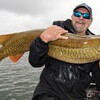
St. Francis Titans
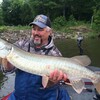
Goulais River Muskie
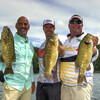
Top 5 Baits for Smallmouth and Largemouth Bass
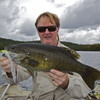
Do-It-Yourself Fly-In Fishing
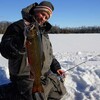
Shoreline Strategies
Catching Ontario Walleye
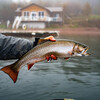
Casting for Coasters
